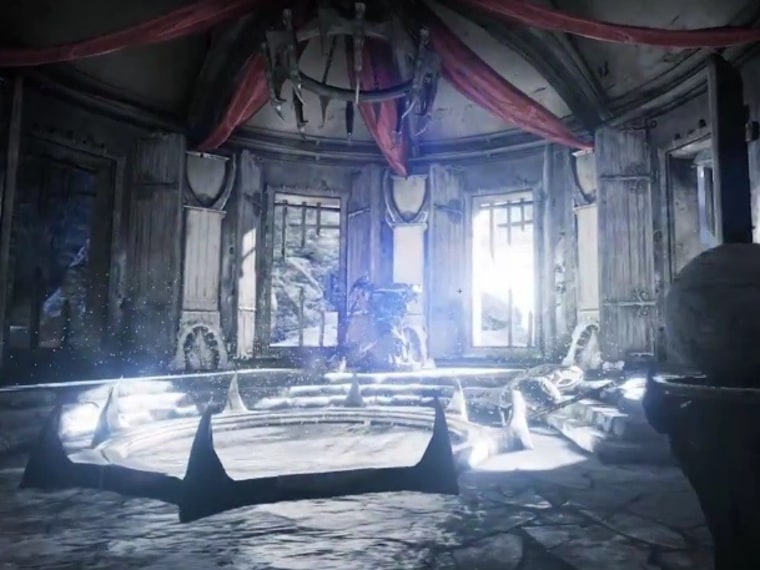The average gamer doesn't usually need to know about the nuts and bolts holding their games together. But when a major piece of technology comes along like Unreal Engine 4, it's good to know just what it's bringing to the table for gamers everywhere.
The engine in a game is called that because it makes things go. It doesn't steer the story, it doesn't lay down the road, it just powers what you do and what you see. So while a good engine doesn't necessarily mean a good game, the more powerful the tools the developers have, the better they are able to effect their vision.
This time around, the biggest change is in the way light works. When you have a game or scene, lighting it is becoming one of the most difficult things to do right. The art department can make photorealistic textures to put on the polygons and the animations can be taken straight from life -- but without proper and realistic lighting, the eye easily notices the fakeness of the image. Epic Games, which makes the Unreal Engine, wanted to fix this once and for all.
The new engine does two things: it more or less does away with "static" lighting, where light would essentially be painted on things in a game so that expensive lighting calculations wouldn't need to be done. And it makes it so that light not only shines onto things correctly, but also reflects and emits off objects. So now, a whole scene can be lit essentially the same way the real world is lit, with no fakery.
You may just have to trust me that it makes a huge difference. An entire scene being lit by the light coming through a window, complete with perfect shadows, motes in the air, and reflected light on the walls from the carpets and objects... it's massively different from the complicated, artificial lighting that you see in games today. And most importantly, your brain doesn't immediately flag it as... well, unreal.
In a way, it's just one more step towards photorealistic images. But this one is profound, and the effect on realism is major. Playing with light and shadow is a technique as old as photography and used effectively by the great filmmakers. Now it can finally be achieved by the great gamemakers.
Epic was coy about who was already using the engine, but you can be sure that a ton of the next-generation games shown at E3
